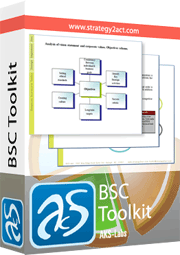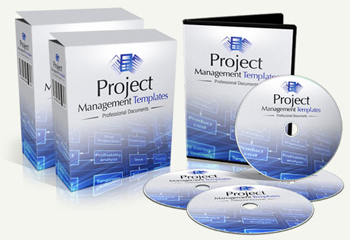We create organizational cultures as we go along, sometimes consciously, often unconsciously—but always through decisions. When leaders decide to build a powerhouse of excellence, they start by asking themselves what needs to change and what should stay the same.
When companies embrace a change orientation, they consider innovation as part of that culture, not a process or project that they engage in for a given period of time. People act when they see a benefit—when they perceive that the change will improve their condition, not when someone else wants it. These questions will help determine your results-orientation:
- Do we make decisions we can implement immediately?
Or, do we “vet” decisions to every conceivable stake holder, hoping for “buy in” but actually seeking approval? Every year one of my clients loses a sterling opportunity because of delays—artificially created setbacks that cost mightily. Most recently a president missed an opportunity to hire an industry star because he wanted others to meet the candidate; travel schedules interfered with progress; and speed did not seem of the essence. While the client wasted precious time, a competitor made an offer, and the candidate took it.
- Will people accept leader-only or expert-only decisions?
While often desirable, consensus simply takes too long. Successful organizations realize they have to outrun the competition, but they have to do more. They must also exceed their customers’ expectations. These kinds of decisions require both speed and agility. Today’s changing economy simply won’t allow companies to take the time to involve everyone in everything.
- Do we evaluate risk adeptly?
Smart risk-takers define the playing field for everyone else. Will we soon forget the greatness of Steve Jobs? He anticipated the next big thing and then provided it. He didn’t ask us what we wanted; he just invented what he knew we needed. Do you have the thinkers who can take your company to the edge of the cliff without letting it tumble over?
- How willing are we to give up the comfort of the status quo?
So called comfort food makes us fat, and the status quo makes us lazy. We become ego involved in the way we’ve always done things—imagining that our entire world will fall off its axis if we admit to learning a better way.
- How have market changes demanded change of us?
Sometimes change doesn’t wait for an invitation; external factors impose it. But agile decision-makers can position an organization to respond well to either invitation or imposition.
- Does the speed we prefer match the pace the market demands?
To remain competitive and exceptional, a culture has to be one of incentive, tolerance, reward, experimentation, high risk tolerance, and focus on the behaviors required to sustain that culture, not quick victories.
Many organizations demanding more "innovation" simply want faster problem-solving, which will only return things to the status quo. Leaders measure the power of their powerhouse in one way and only one way—results. What outputs do you want and expect?











0 comments:
Post a Comment